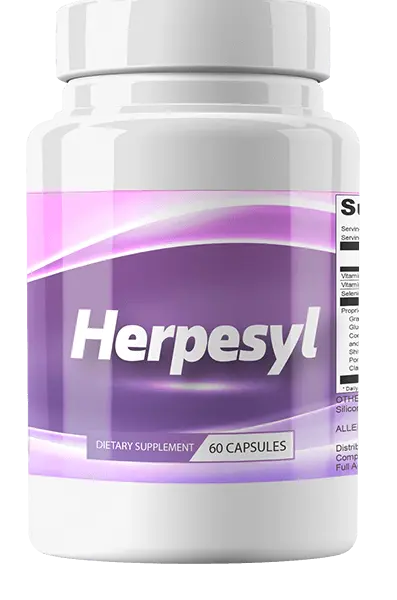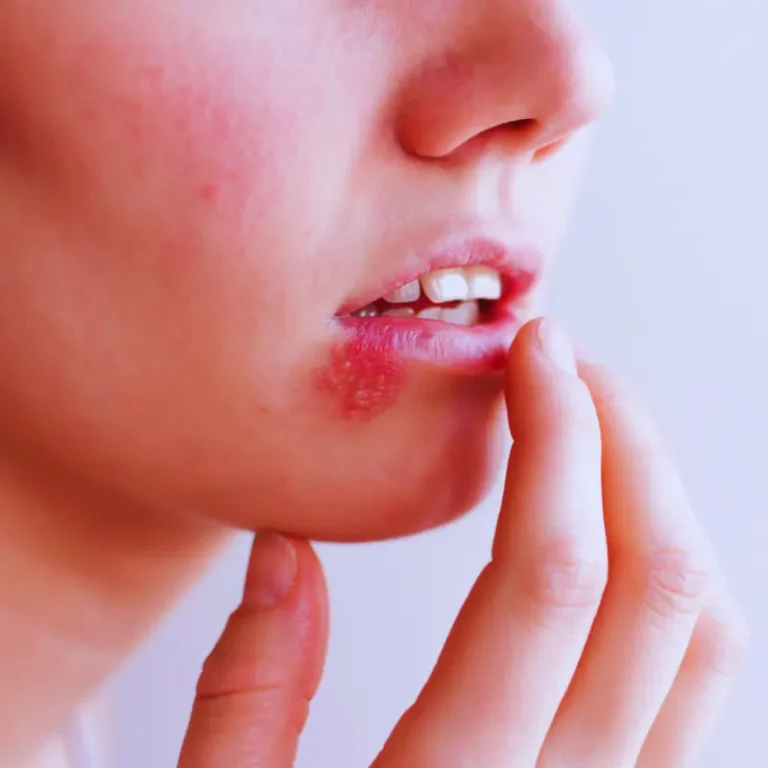Diet and Herpes: How Your Diet Can Influence Your Outbreaks

Introduction
The relationship between diet and herpes is an important topic for many individuals seeking natural ways to manage their outbreaks. Scientific studies suggest that certain foods can trigger or alleviate herpes outbreaks, making diet a potentially effective tool in managing symptoms. In this article, we will explore how diet can influence herpes outbreaks and provide tips on foods that may help control symptoms.
How Diet Affects Herpes Outbreaks
Foods That May Trigger Herpes Outbreaks
Certain foods are known to potentially trigger herpes outbreaks due to their impact on the immune system or their content of specific amino acids. Among these foods are:
-
- Foods Rich in Arginine: Arginine is an amino acid that can stimulate the growth of the herpes simplex virus (HSV). Foods such as chocolate, nuts, and seeds are high in arginine and may worsen outbreaks.
-
- Processed and Sugary Foods: Excessive sugar and processed foods can weaken the immune system, making it more susceptible to infections, including herpes.
Foods That May Help Control Symptoms
On the other hand, some foods have properties that may help control herpes symptoms and promote overall health:
-
- Foods Rich in Lysine: Lysine is an amino acid that may help inhibit the growth of the herpes virus. Foods such as lean meats, fish, and dairy products are excellent sources of lysine.
-
- Fruits and Vegetables: Foods rich in vitamins and antioxidants, such as citrus fruits, leafy greens, and berries, can strengthen the immune system and reduce inflammation associated with outbreaks.
-
- Anti-Inflammatory Foods: Foods like turmeric and ginger have anti-inflammatory properties that may help reduce inflammation and promote healing.
Diet Tips for Managing Herpes Outbreaks
1. Balance Your Diet
Maintaining a balanced diet rich in nutrients is crucial for supporting the immune system. Include a variety of foods rich in vitamins and minerals to support overall health and resistance to infections.
2. Reduce Arginine Intake
If you notice a correlation between certain foods and herpes outbreaks, consider reducing your intake of arginine-rich foods. Instead, focus on consuming lysine-rich foods to help balance the effect.
3. Stay Hydrated
Proper hydration is essential for skin health and immune system function. Drink plenty of water and avoid sugary drinks that can negatively impact your health.
4. Consider Supplements
Some supplements, such as lysine powder, may be useful in complementing your diet and helping to manage herpes outbreaks. However, it’s always important to consult a healthcare professional before starting any supplement.
Conclusion
Diet plays a significant role in managing herpes outbreaks. By choosing foods that support the immune system and avoiding those that may trigger outbreaks, you can improve your quality of life and reduce the frequency and severity of outbreaks. If you have herpes, consider adjusting your diet according to the recommendations discussed and consult a healthcare professional for a personalized dietary plan.






